

deep insights, facts & figures

Market researchers interviewed consumers in six countries for the GfK-FEDIYMA International DIY Consumer Study 2012. The results were presented in Paris
The conference in Paris was not only an exchange platform but also offered masses of solid data and information. Some of the most solid was presented by Oliver Schmitz of GfK, a market research company: the results of the International DIY Consumer Study 2012 commissioned by the European manufacturers’ association FEDIYMA. An online questionnaire was used to canvass consumers in Russia, Turkey, Poland, Italy, Austria and the Netherlands in March 2012. The market researchers then distilled five major developmental trends from this massive body of data. “Home and gardening is offering great potential” was Oliver Schmitz’s heading for the first key result. He interfaced what sounded like headlines with no-nonsense figures. For instance, more than half of all respondents (53 per cent) declared that their flat or house was in urgent need of renovation. Consumers in Russia, Poland and Turkey in particular see a great backlog of demand here. The development from do-it-yourself to do-it-for-me (DIFM) is the second major trend observed by the GfK. Here it is still the “softer” home maintenance and home improvement projects that consumers prefer to take care of themselves. In the garden, too, the DIY share is higher than the figure for DIFM. The GfK had in addition queried just how far women are involved in the supposedly masculine domain of renovation. And voilà: it is no longer a masculine domain! Taking the average for all six countries, women are in the majority (52 per cent) when it comes to carrying out renovation work in their household. The third key trend concerns the deciding factor, price v. quality. As Schmitz describes the development: “In all countries people want more for less.” At the same time the rate of agreement with the sentence “I am willing to spend a bit more for high quality materials” came to between 73 and 80 per cent. However, it is also clear that consumers go to a lot of trouble to find the cheapest offer before they make a purchase, a trait that is observable in Poland and Turkey above all. At first it does not appear surprising that DIY stores dominate the market as the most important shopping venues for DIY and garden products, as the GfK records as its fourth core trend. It gets more interesting if you look at the competing channels of distribution. Furniture shops have a hefty share in Russia and Turkey; other sales outlets such as hypermarkets, builders’ merchants and department stores are of relatively great significance in these…
Related articles
Read also

 Menü
Menü




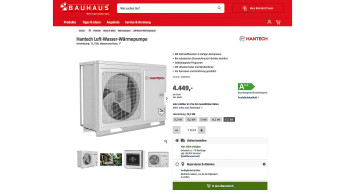
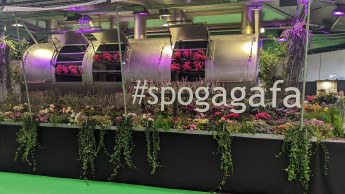
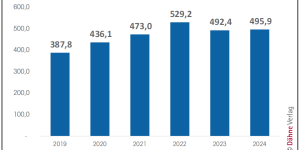


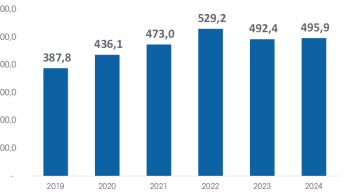
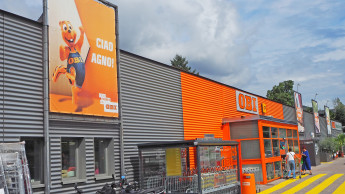
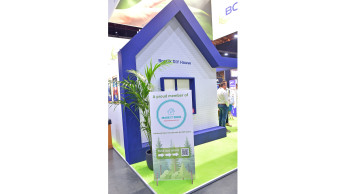
 Newsletter
Newsletter